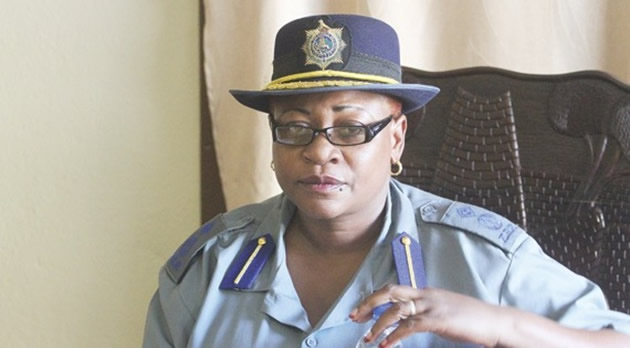Govt mulls State firms transfer to centralised agency
Conrad Mwanawashe Business Reporter
GOVERNMENT is considering transferring ownership of State enterprises and parastatals to a centralised agency as their contribution to the Gross Domestic Product continues to drop from highs of about 40 percent.
Zimbabwe has a large portfolio of State enterprises and parastatals which can make significant contributions to the country’s GDP.
Acting Finance and Economic Development Minister Walter Chidhakwa told a workshop on State enterprises and parastatals reform and data collection that consideration of transferring ownership of the organisations comes because the present system is not working.
“Changing accustomed ways of working is never easy and giving up a long-standing ownership relationship may not be attractive. On the other hand transferring the headaches of State enterprises and parastatals accountability to a centralised agency might well have its attractions and might free up valuable capacity in your ministries for sectoral policy and management tasks,” said Minister Chidhakwa.
“Removing their debts from your books might also be attractive. There are challenges to change but we also know that the present system is not working. Our reflections on that balance will be important in the coming year,” he said.
He said State enterprises and parastatals contribution to GDP has halved over the past years from 40 percent historically.
Minister Chidhakwa said any weakness in State enterprises and parastatals sector has significant negative effects to the national budget.
“This is against the background that those State enterprises and parastatals that make perennial losses would, under normal circumstances, require a bailout from the fiscus thereby consuming funds which we could otherwise use for investment in our economic infrastructure and social services,” said Minister Chidhakwa.
This makes a case for the reform of State enterprises and parastatals but as a first step, Government is collating baseline data on their performance to determine dividends or losses to expect from the sector.
“The Government also needs to know what contingent liabilities we carry in the portfolio. In my 2016 Budget Statement, I made some provision for ministries to meet the costs of parastatals for which they are responsible. But the challenge is that Government does not yet have up-to-date or complete information on these State enterprises and parastatals.
“Fundamentally, it is not acceptable to continuously make transfers to State enterprises and parastatals unless we have the baseline data on those parastatals’ assets, liabilities, incomes and expenditures,” added Minister Chidhakwa.
He said closely linked with the current efforts of reforming the sector is the way in which Government exercises its ownership rights, the way it plays its role as owner of the enterprises.
Other countries have been considering the merits of centralised and decentralised models for ownership functions.
Minister Chidhakwa said the ownership subject was a major topic of discussion on the 6th Meeting for SOE Network of Southern Africa held in Victoria Falls in November last year.
Some countries such as Chile opted for a centralised model.
The workshop was attended and addressed by Dr Fanny Weiner who has been working with governments of Peru, Chile Paraguay and many others as they transition to a centralised ownership model.
The Deputy Chief Secretary in the Office of the President and Cabinet Mr Justin Mupamhanga said State enterprises reform, as enunciated in the ZimAsset, 10 Point plan and 2016 National Budget Statement is targeted at enhancing the performance of these entities in order to maximise their contribution to overall economic growth and service delivery.
“As it pursues the reform agenda, Government intends to achieve objectives such as a paradigm shift in corporate governance of SEPs; enhanced efficiency and effectiveness in the SEPs sector; reduced burden on the fiscus and access to globally competitive technology and expertise,” Mr Mupamhanga said.








Comments